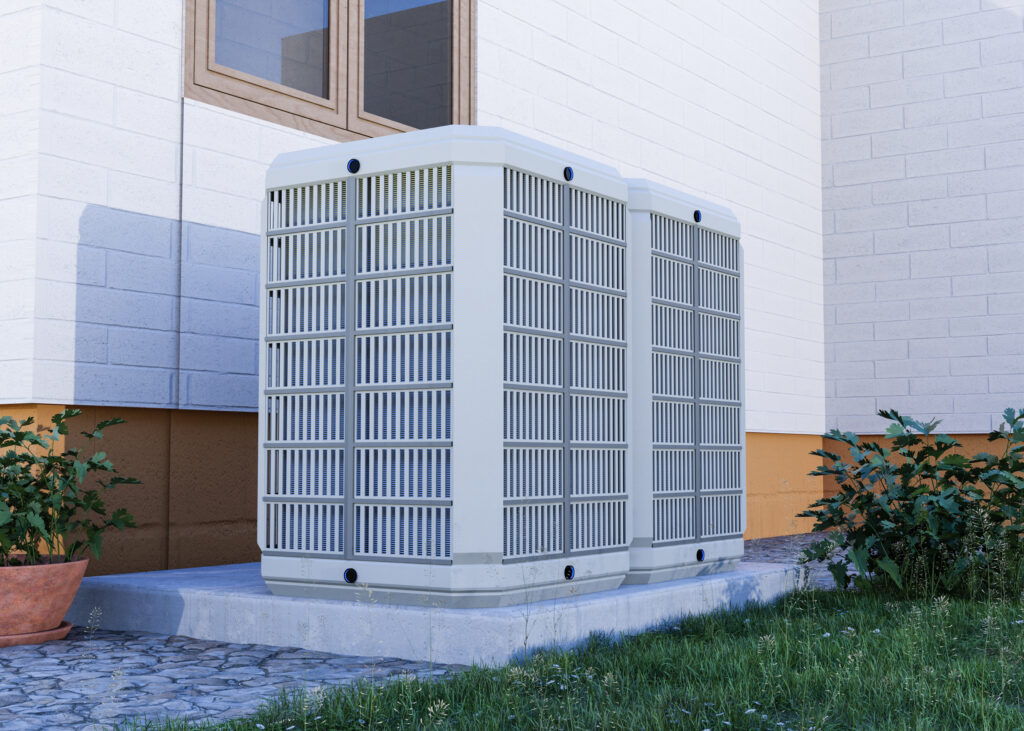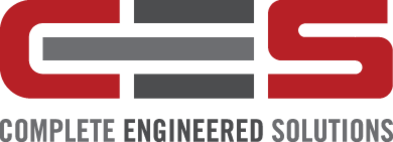How To Conduct Routine Maintenance of Chiller Systems

Chiller systems are essential components of commercial and industrial air conditioning systems. They work by removing heat from the air and cooling it down. Routine maintenance is critical for chiller systems to ensure efficient and uninterrupted operation.
How Should Chiller Systems Be Routinely Maintained
Chiller systems should be routinely maintained to ensure they operate efficiently and effectively. Here are some critical steps that should be taken:
Regularly inspect and clean the condenser coils: Dirt and debris can accumulate on them, reducing efficiency. The coils should be cleaned periodically to ensure they are working properly.
Check the refrigerant level: The refrigerant level in the chiller system should be checked regularly. If the level is low, it can cause the system to work harder and reduce its lifespan.
Monitor the water treatment program: The water treatment program should be monitored regularly to ensure that the water in the system is clean and free from contaminants.
Inspect the compressor oil level and condition: The oil level and state should be checked regularly. If the oil level is low, it can cause damage to the compressor. If the oil is dirty, it can reduce the system’s efficiency.
Clean the evaporator: The evaporator should be cleaned regularly to ensure it is free from dirt and debris.
Check the electrical connections: The electrical connections in the system should be checked regularly to ensure that they are tight and secure.
Test the safety controls: The safety controls in the chiller system should be tested regularly to ensure that they are working properly.
Review the system logs: The system logs should be reviewed regularly to identify any issues or problems that need to be addressed.
Schedule routine maintenance: It is important to schedule routine maintenance for the chiller system. This can include quarterly or annual inspections, depending on the size and complexity of the system.
Additional tips for maintaining chiller systems:
Check the water flow rate: The water flow rate in the chiller system should be checked regularly. If the flow rate is too low, it can cause the system to work harder and reduce its efficiency.
Replace filters: Air and water filters in the chiller system should be replaced regularly. Dirty filters can reduce the system’s efficiency and cause it to work harder.
Inspect belts and pulleys: Belts and pulleys should be inspected regularly to ensure that they are in good condition. Worn or damaged belts and pulleys can cause the system to work harder and reduce lifespan.
Calibrate sensors: Sensors in the chiller system should be calibrated regularly to ensure that they are providing accurate readings. Inaccurate readings can cause the system to work harder and reduce its efficiency.
Test the controls: The controls in the chiller system should be tested regularly to ensure that they are working properly. This includes testing the temperature, pressure, and flow controls.
Keep the surrounding area clean: The area around the chiller system should be kept clean and free from debris. This can help prevent damage to the system and ensure that it operates efficiently.
Train personnel: Personnel responsible for maintaining the chiller system should be trained on the proper maintenance procedures. This can help ensure that the system is maintained correctly and reduce the risk of damage or failure.
Keep a maintenance schedule: Creating and sticking to a maintenance schedule can help you stay on top of routine maintenance tasks and ensure that your chiller system is always in good condition.
Use OEM parts: Always use OEM (Original Equipment Manufacturer) parts when replacing components in your chiller system. These parts are designed specifically for your system and are of the highest quality, ensuring optimal performance and longevity.
Monitor performance data: Monitoring performance data, such as energy usage, can help you identify potential issues with your chiller system before they become serious problems.
Keep records: Keep detailed records of all maintenance and repairs performed on your chiller system. This can help you track performance over time and identify patterns or trends that may indicate issues that must be addressed.
Conduct regular inspections: Regular inspections of your chiller system can help you identify any issues or potential problems early on, allowing you to address them before they become more serious.
Top Maintenance Checklist
Here are the top 7 checklists for maintaining chiller systems:
Maintaining Tubes Free of Impurities and Contaminants
Contaminants, such as debris and mineral scale buildup, can clog up the chiller tubes, reducing its efficiency. Regular cleaning of the tubes can prevent such buildup and ensure smooth operation.
Keeping the Condenser Water Clean
The condenser water should be kept clean and free of debris and contaminants, such as algae or bacteria. Regular cleaning and treatment of the condenser water can help maintain the chiller’s performance and prolong its life.
Changing the Oil and Filters Is Customary
Oil and filter changes are critical for maintaining the chiller’s performance and longevity. Regular oil changes help ensure the chiller runs smoothly and reduces the risk of mechanical failure.
Purging the System of Non-condensable Gases
Air and other non-condensable gases can accumulate in the chiller system, causing a decrease in efficiency and potential damage. Regular purging of these gases can help maintain the chiller’s performance and prevent mechanical failure.
Raising the Temperature of Chilled Water
Raising the temperature of chilled water can help reduce energy consumption and prolong the chiller’s life. Lowering the temperature of chilled water requires more energy, increasing the strain on the chiller system.
Controlling the Flow in an Ideal Environment
Optimizing chilled water flow through the chiller system can improve its performance and reduce energy consumption. Proper water flow and pressure can also prevent damage to the system’s components.
Regular maintenance is essential for the efficient and safe operation of chiller systems. Following the top 7 checklists ensures that your chiller system runs smoothly and lasts longer.
Chiller Safety Controls
Regular maintenance of safety controls is critical for the safe and efficient operation of the chiller system. Safety controls include high and low-pressure switches, temperature sensors, and other safety devices that prevent the system from overheating or overloading.
Remember that regular maintenance is key to ensuring chiller systems’ efficient and effective operation. It can also help identify potential problems before they become serious, saving time and money in the long run. By following these steps, chiller systems can be maintained to ensure they operate efficiently and effectively and to extend their lifespan.
Complete Engineered Solutions
Routine maintenance is essential for ensuring chiller systems’ optimal performance and longevity. By following the tips we’ve outlined, you can help prevent breakdowns, minimize energy consumption, and reduce repair costs.
However, if you notice any issues or problems with your chiller system, don’t hesitate to contact Complete Engineered Solutions. Waiting until it’s too late can result in more significant issues requiring costly repairs or system replacement. Contact the leading chiller maintenance contractor, Complete Engineered Solutions, when you need help maintaining, repairing, or installing a chiller system. They have the expertise, experience, and tools to keep your chiller system in top condition and ensure that it operates reliably and efficiently for years.
